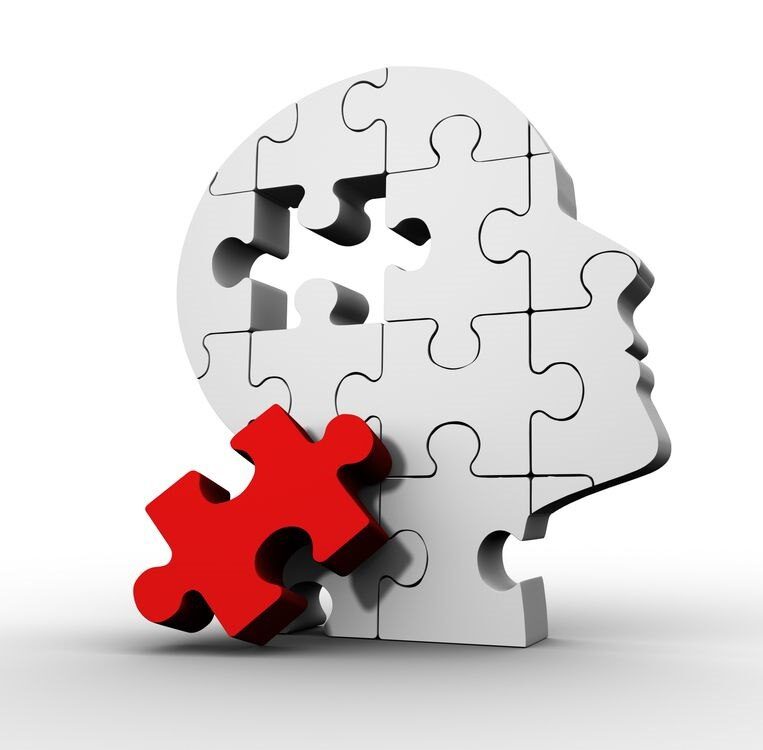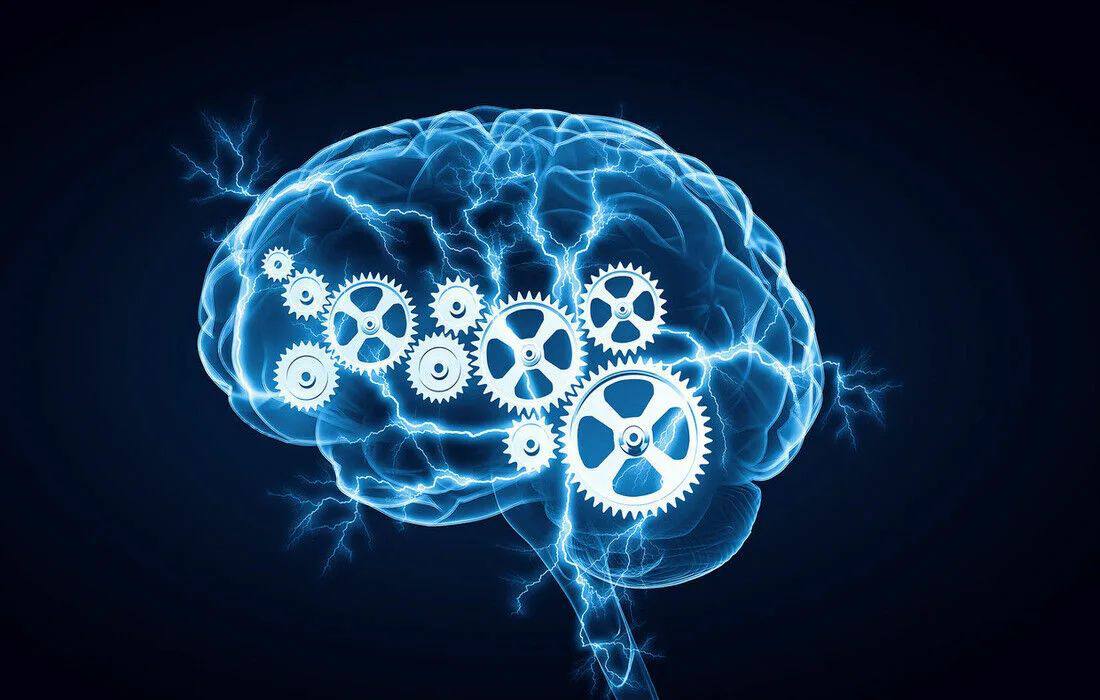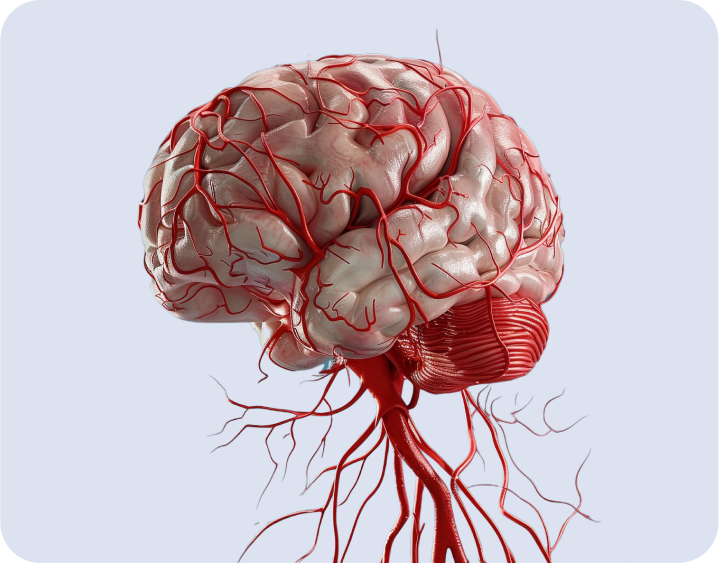Library - Page 4
Registered on ClinicalTrials
The effect of Mexidol on physical performance and lactate in the blood of rats in conditions of light desingronosis
Authors
GOSTYUKHINA A.A. , Zaitsev K.V. , Torchoshchina T.A. , Svetlik M.V.
Place of publication:
Journal of Neurology and Psychiatry, 11, 2018
The influence of Mexidol on the expression of the NRF2 transcription factor in the cortex of the large hemispheres of the brain with experimental ischemia
Authors:
Yakusheva E.N., Yamlnikov P.Yu., Chernykh I.V., Schulkin A.V.
FGBOU in the Ryazan State Medical University named after Acad. I.P. Pavlova "of the Ministry of Health of Russia, Ryazan, Russia
Place of publication:
Journal of Neurology and Psychiatry, 5, 2018
The influence of Mexidol on the expression of the factor induced by HIF-1α hypoxia in the cortex of the large hemispheres of the brain of rats with ischemia
Authors:
Yakusheva E.N., Yamlnikov P.Yu., Chernykh I.V., Schulkin A.V.
FGBOU in the Ryazan State Medical University named after Acad. I.P. Pavlova ", Ryazan, Russia
Geronto -informational analysis of the properties of the Mexidol molecule
Authors:
Gromova O.A. 1.2* , Torshin I.Yu. 2* , Fedotova L.E. 1*
1* FSBOU VO "Ivanovo State Medical Academy", Ivanovo;
2* FSBI "Federal Research Center" Informatics and Management "of the Russian Academy of Sciences, Moscow
Comparative chemoreactic analysis of Mexidol
Authors:
Torshin I.Yu. 1* , Gromova O.A. 2* , Sardaryan I.S. 3* , Fedotova L.E. 3*
1* FSBEI in the Moscow Physics and Technical Institute, Dolgoprudny, Russia;
2* FSBEI in the "Ivanovo State Medical Academy" of the Ministry of Health of Russia, Ivanovo, Russia;
3* Federal State Budgetary Institution “St. Petersburg State Pediatric University” of the Ministry of Health of Russia, St. Petersburg, Russia
The distribution of Mexidol in the structures of the brain, its cellular elements and subcellular fractions
Authors:
Schulkin A.V., Yakusheva E.N., Chernykh I.V.
Ryazan State Medical University named after Academician I.P. Pavlova
Mexidol and hepatitis: the results in the experiment and prospects in the clinic
Author:
Farashchuk N.F.
GOU VPO Smolensk State Medical Academy
Features and mechanism of the neuroprotective action of Mexidol with hemorrhagic stroke in the experiment
Author:
Kraneva V.A.
GU Nii Pharmacology named after V.V. Zakusov RAMS, Moscow
Mexidol: modern aspects of pharmacokinetics and pharmacodynamics
Authors:
Schulkin A.V.
FSBEN in the Ryazan State Medical University of the Russian Federation, Ryazan
Mexidol: a spectrum of pharmacological effects
Author:
Voronina T.A.
Nii pharmacology named after V.V. Zakusov RAMS, Moscow
Mexidol: the main neuropsychotropic effects and the mechanism of action
Author:
T.A. Voronin
GU "Nii Pharmacology named after V.V. Zakusov "RAMS, Moscow
Pharmacology of antioxidants based on 3-oxypyridine
Authors:
Novikov V.E., Kovaleva L.A., Losenkova S.O. , Klimkina E.I.
Smolensk State Medical Academy
Treatment of alcohol cancellation syndrome
Author:
Sivolap Yu.P.
FGBAOU VO "First Moscow State Medical University named after THEM. Sechenov "Ministry of Health of Russia (Sechenov University), Moscow, Russia
The possibility of using Mexidol in the complex therapy of mental disorders
Authors:
Shamray V.K. , Kurasov E.S., Nechiporenko V.V., Kolchev A.I., Tsygan N.V.
FGBVOU in the "Military Medical Academy named after CM. Kirov ”, St. Petersburg, Russia
The dynamics of electroenzelographic and psychophysiological indicators in acute poisoning by neurotoxicants at the rehabilitation stage against the background of various treatment methods
Authors:
Badalyan A.V. , Berezina I.Yu. , Goldfarb Yu.S. , Sumsky L.I.
Place of publication:
Journal of Neurology and Psychiatry, 2, 2017
The influence of Mexidol in combination with therapy with antidepressants on sleep disturbance with panic disorder in young people
Authors:
Kurasov E.S. , Rubevich R.S.
Military Medical Academy. CM. Kirova, St. Petersburg
THE INFORMATION IS INTENDED FOR HEALTHCARE AND PHARMACEUTICAL PROFESSIONALS. THIS INFORMATION IS NOT INTENDED AS A SUBSTITUTE FOR MEDICAL ADVICE.
Source of photos and images Shutterstock.com















